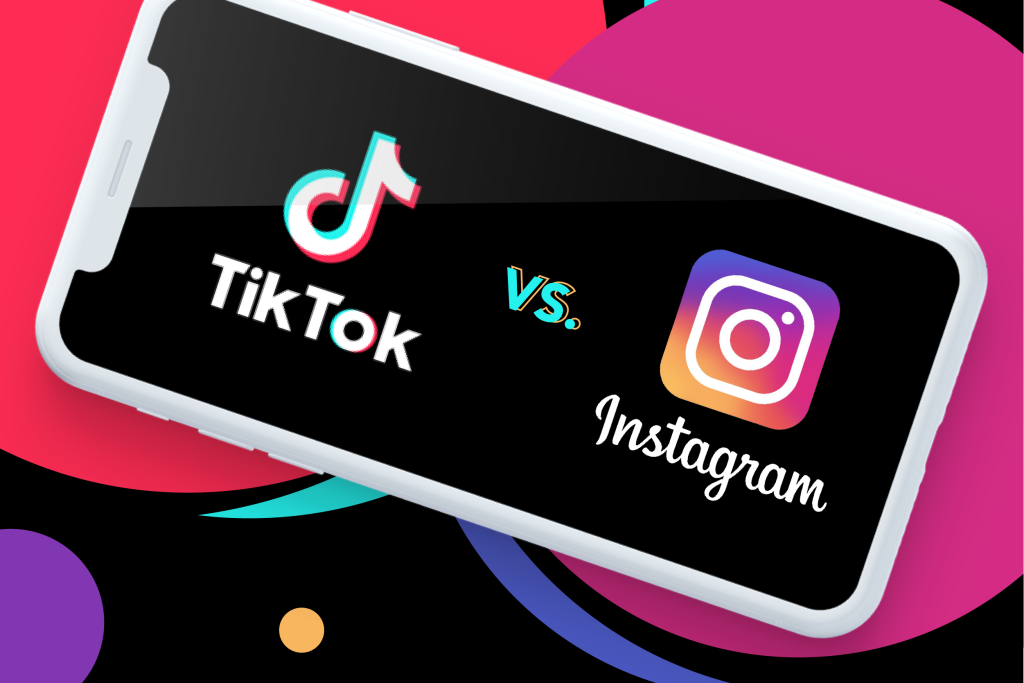In recent years, there has been a growing concern about the impact of social media on children’s intelligence. Instagram and TikTok are two of the most popular social media platforms among children in Tanzania. These platforms are designed to be addictive, and they often expose children to content that is harmful to their development.
A new report from Common Sense Media shows that adolescent girls and boys spend over two hours daily on TikTok, YouTube, and Snapchat and more than 90 minutes on Instagram and messaging apps.
The allure of Instagram and TikTok lies in their visual and interactive nature, captivating young minds with a constant stream of short, attention-grabbing videos and various images carrying sensitive content. However, Tanzanian children are exposed to an influx of shallow and often misleading information that can hinder critical thinking skills and analytical reasoning instead of engaging in thoughtful discussions and exploring complex ideas.
The Growing Popularity
Several factors have contributed to the rise of Instagram and TikTok among Tanzanian children. First, these platforms are visually appealing and easy to use. They allow children to share photos and videos of themselves and their friends and to interact with other users in a fun and engaging way.
Second, Instagram and TikTok are seen as a way to connect with popular culture. Children who use these platforms can see what their favourite celebrities and influencers are doing and share their content with a broader audience.
Third, Instagram and TikTok offer a sense of community. Children who use these platforms can find other users who share their interests and build relationships with them online.
Adolescents who spend more than three hours per day on social media are at twice the risk of experiencing poor mental health outcomes, such as symptoms of depression and anxiety. According to recent research, adolescents who spend more time on social media are more likely to engage in social comparison, experience cyberbullying, and be exposed to harmful content.
A 2021 survey of teenagers found that, on average, they spend 3.5 hours daily on social media. This means many adolescents risk experiencing poor mental health outcomes due to social media use.
One of the main concerns about Instagram and TikTok is that they can lead to a decline in cognitive function. Studies have shown that excessive use of social media can impair children’s attention span, memory, and learning ability. This is because social media is designed to be stimulating and distracting, making it difficult for children to focus on other tasks.
Another concern about Instagram and TikTok is that they can lead to a decline in emotional intelligence. Social media platforms often promote unrealistic standards of beauty and success, which can make children feel insecure and anxious. This can lead to problems with self-esteem, depression, and anxiety.
In addition, Instagram and TikTok can expose children to harmful content, such as cyberbullying, violence, and pornography. This content can harm children’s mental health and development.
What Parents and Educators Can Do to Protect Children from the Risks of Social Media?
- Set Clear Boundaries: Establishing guidelines for screen time and social media use is essential. Parents and educators can work together to set reasonable limits on daily screen time, ensuring that children have ample opportunities for physical activity, face-to-face interactions, and other offline activities. Clear boundaries can help prevent cognitive overload and mitigate the risk of addiction.
- Talk to Your Children: Talk to your children about the risks of social media. Explain what cyberbullying is and how to deal with it if bullied. Talk to them about the harmful content they might encounter on social media and how to report it if they see it.
- Encourage Other Activities: Encourage them to engage in other activities. This can help your children find other activities they enjoy, such as reading, playing sports, or spending time with family and friends. This will help them reduce their reliance on social media.
- Monitor Online Activity: Regularly monitoring a child’s online activity, especially for younger children, can help parents and educators identify potential threats or inappropriate content. Utilizing parental control tools and monitoring apps can provide an added layer of security while maintaining trust and respect.
- Teach Digital Literacy: Educators can integrate lessons on critical thinking, evaluating online information, and recognizing potential risks into their curriculum. Parents can reinforce these skills at home by discussing the importance of verifying sources, identifying fake news, and practising responsible sharing.
The dangers of Instagram and TikTok are natural and are not going away anytime soon. It is up to parents, educators, and policymakers to take action to protect children from these harmful platforms. We need to educate children about the risks of social media and provide them with alternative activities that are more beneficial to their development.
The future of Tanzanian children’s intelligence depends on our ability to protect them from the dangers of social media. We must act now to ensure that our children have the opportunity to reach their full potential.
Also, read Insights from a Tanzanian Parent on China’s Two-Hour Screen Time Limit.

